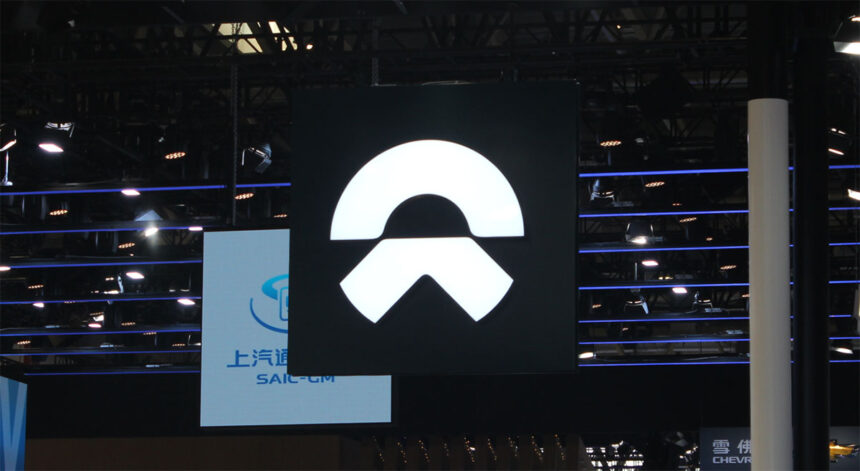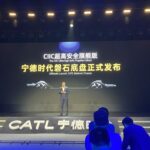Nio, a prominent Chinese electric vehicle (EV) maker listed on the NYSE, has taken legal action against several bloggers for spreading false information and attacking the company and its users. The company’s legal department recently announced that online accounts, including “Super Wade,” were involved in fabricating inaccurate information about Nio’s business operations and payment cycles to suppliers. Additionally, these accounts consistently posted misleading content and images, degrading and insulting the Nio brand and its users.
As a response to these defamatory actions, Nio has gathered evidence and initiated lawsuits against multiple accounts in various courts. In an effort to combat misinformation and reputation infringement, the company established dedicated legal department accounts on platforms like Weibo, WeChat, and Douyin back in May 2023.
Last year, Nio successfully won several reputation infringement cases, including a high-profile lawsuit against a Douyin account that was ordered to apologize and compensate Nio for financial losses exceeding RMB 600,000 ($82,210). More recently, Nio faced false rumors circulating about a potential acquisition by BYD, another Chinese automotive company. The rumor was quickly debunked by both companies, and the individual responsible for spreading the misinformation was detained.
In addition to legal actions against individuals like the aforementioned rumor-monger, Nio also filed civil lawsuits against other individuals involved in spreading false information, demanding public apologies and compensation for financial damages. With the proliferation of self-media and emerging platforms, companies like Nio are increasingly facing challenges in protecting their reputations, leading to a rise in similar lawsuits.
In a related development, BYD’s legal department recently announced that a self-media blogger had been ordered by a court to delete defamatory comments, issue an apology, and compensate the company for economic losses totaling RMB 2,018,700. The blogger had a history of making disparaging remarks about BYD and distorting the truth, infringing on the company’s reputation rights.
Overall, the actions taken by Nio and BYD underscore the importance of combating false information and protecting the reputations of companies in the face of online attacks. As the digital landscape continues to evolve, companies must remain vigilant in defending their brands and users against malicious actors spreading misinformation.







